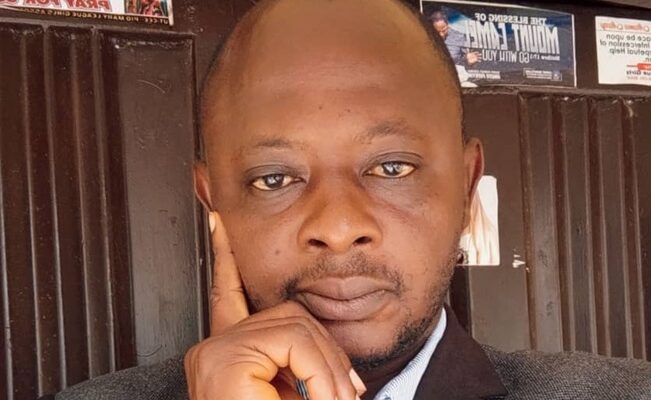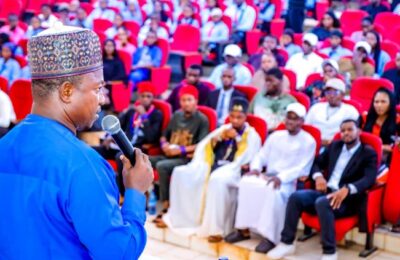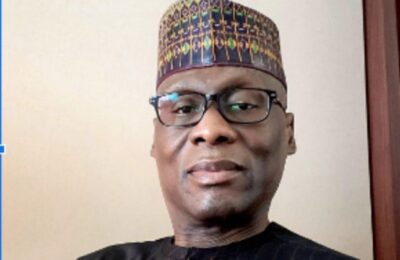In death, six men solemnly shoulder a casket, bearing the weight of a lifeless body with silent reverence. But in life, when the soul is battered, when hope hemorrhages and dreams gasp for air, where are the hands that ought to lift? In a world obsessed with posthumous recognition and performative grief, the living often drown in silence while ovations awaits the dead. The paradox is grievous: when a man breathes, he is overlooked; when he breathes his last, he is finally “honoured.”
“A friend loves at all times, and a brother is born for adversity” (Proverbs 17:17). Yet, today’s societal fabric frays under the weight of individualism. Brotherhood has become transactional, and empathy is rationed. The ethos of communal support that once defined African societies has eroded beneath layers of self-interest, elitism, and curated detachment. We mourn extravagantly but care minimally. The living struggle under loads they were never meant to carry alone—mental burdens, financial despair, spiritual exhaustion—while society waits to show up at the funeral.
It is telling that six men can be quickly gathered to carry your casket, but cannot be summoned when depression whispers, when rent looms, or when a vision withers in the cocoon of poverty. “If I fall, will you catch me?” is a question now met with silence or, worse, mockery. Philosopher Friedrich Nietzsche once said, “It is not a lack of love, but a lack of friendship that makes unhappy marriages.” One could argue, in this age, it’s the lack of true brotherhood that makes for unhappy lives.
In many urban slums and rural margins, university graduates sweep the floors of restaurants, dishwashing their degrees into oblivion, while connected half-literates sit in air-conditioned decision-making rooms. The few voices that attempt to lift others are either muffled by systemic suppression or buried in envy and sabotage. It is not ability that our generation lacks; it is alignment. Like scattered coals, we’ve lost the heat that unity brings.
Martin Luther King Jr. captured this irony when he stated, “In the end, we will remember not the words of our enemies, but the silence of our friends.” Nigeria’s young population—vibrant, educated, spiritually alert—is burning out from carrying too much alone. It should not take the cold silence of a funeral hall to gather helping hands. Must someone stop breathing before we agree to bear their weight?
To lift one another is not an act of charity; it is justice. It is prophetic obedience to Galatians 6:2—“Bear ye one another’s burdens, and so fulfill the law of Christ.” A generation that only lifts in death has failed in life. If we desire true national rebirth, then let six—no, sixty—rise to lift one dreamer. Let hands meet not just in mourning but in mentoring, sponsoring, and interceding. Let us build a world where no one is too heavy to carry while they still breathe.
In the end, the question remains not how many will carry you when you’re gone, but how many are willing to carry you while you’re still fighting. For what shall it profit a man to be celebrated in death when in life he was starved of support? Lift now. Mourn later.
– Inah Boniface Ocholi writes from Ayah – Igalamela/Odolu LGA, Kogi state.
08152094428 (SMS Only)




